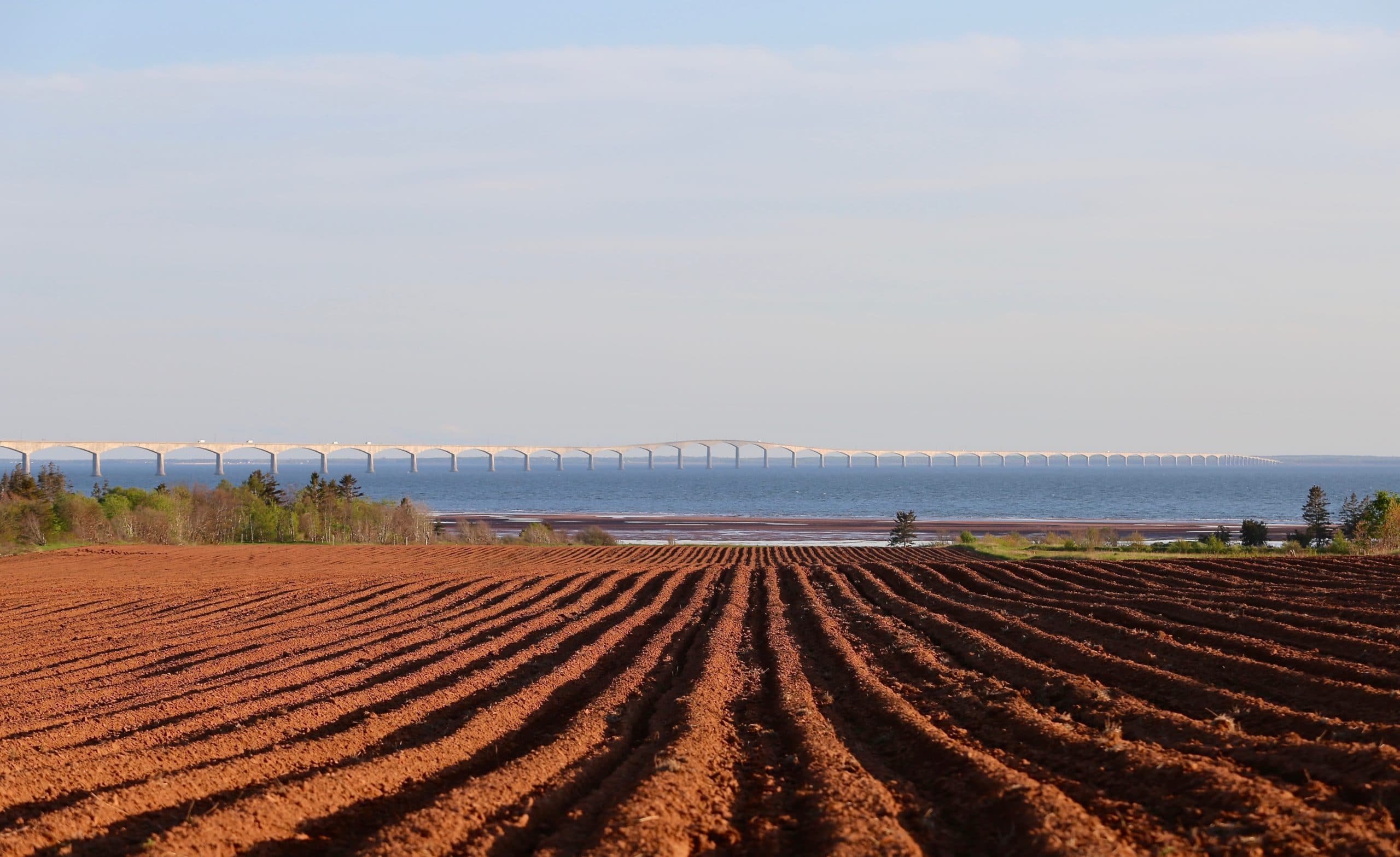After a year of upheaval following a potato wart discovery, P.E.I. has worked hard to regain their spud status.
More than a year after potato wart was discovered in a processing potato field on Prince Edward Island and spud exports from the Island to the United States were halted, life is returning normal, but not everything is status quo just yet. Seed growers on the Island are still unable to export their spuds while an investigation into the discovery is still ongoing.
“We didn’t agree with what happened, we still don’t to this day. The border reopened and I think what it did do is solidify that the things that our industry are doing, and our regulators CFIA is doing, were acceptable,” Greg Donald, general manager of the P.E.I. Potato Board, says in a phone interview.

To stop the spread of potato wart when discovered in Canada, the Potato Wart Domestic Long-Term Management Plan is executed. The plan was developed by the Canadian Food Inspecting Agency (CFIA) and accepted by the U.S. Department of Agriculture (USDA). It was made after the first P.E.I. potato wart discovery in 2000 and has been revised since.
According to the plan, when Synchytrium endobioticum, the fungus that causes potato wart, is discovered in a field, the CFIA quarantines the field. Contract tracing is then done to determine what farm equipment was used in the field and where else that equipment has been used. The seed sources for the field are also investigated.
From there other contacts are reviewed such as adjacent fields. The CFIA will do soil samples in the discovery field, with more being done in adjacent fields and other contact fields. Fields where Synchytrium endobioticum are detected are monitored for 20 years or more after initial discovery.
“Over the last couple of decades, there’s been like four clusters, and three of them were discovered, detected, and then the plan kicks into place. There might have been an additional detection or two in those cases, and then there’s never been any since. So, the surveillance activities work” Donald says.
On Oct. 1 and 14, 2021 Synchytrium endobioticum was discovered in two different P.E.I. commercial potato fields by the CFIA Charlottetown Laboratory. The fields were already under CFIA surveillance due to association with earlier investigations. After this discovery, the Potato Wart Domestic Long-Term Management Plan was immediately put in place and seed exports to the U.S. were suspended on Nov. 21.
On March 24, 2022, the USDA announced exports of P.E.I. fresh potatoes to the U.S. could resume. At the time a statement was released which stated that the USDA had determined P.E.I. fresh potatoes could be exported to the U.S. under specified conditions that would pose little risk of introducing potato wart into the U.S.
The border reopening was due in part to a pathways analysis report compiled by the USDA. The report showed a baseline summary of the pathogen and pathways for spread if only minimal mitigation measures are in place — with minimal mitigation measures, the potential for spread is high.
“There’s never been any additional detections with a tremendous amount of soil sampling, surveillance of regulated fields, and they continue to monitor to make sure that it didn’t (have additional detections). There’s one cluster and it’s the one that had the detections. And it’s within the same farm entity,” Donald explains, adding the detections were found on a processing potato farm.
In October 2022 the pathways analysis report was released by the USDA for public consultation. Once released, the National Potato Council, along with a dozen state potato associations, wrote a letter to the USDA calling for them to work with the CFIA to develop new phytosanitary protocols to prevent the spread of potato wart from P.E.I. to U.S. growing areas.
Consultations between USDA and CFIA to review investigation results are still happening on a regular basis. USDA officials also visited P.E.I. in August 2022 to observe how the investigation was proceeding and how the Long-Term Management Plan requirements were implemented. The USDA and CFIA Pest Risk Assessors visited the Island for the same purpose in October 2022.
As part of the CFIA’s investigation, they put together a panel of five independent international experts who have expertise in potato wart research. This group travelled to P.E.I. in August 2022 to get firsthand experience of potato production on the Island and see the potato wart monitoring that’s in place. They compiled a report which includes observations and recommendations about how to manage potato wart. The report was received by the CFIA in late 2022 and was released in late January.
“It’s really a good opportunity to share that experience and to listen and hear recommendations coming from folks outside of Canada. That report, of course becomes one of the pillars to reviewing the current management plan for future changes,” Gordon Henry, national manager of the field crop section for CFIA, explains in a phone interview.
The potato wart investigation is still ongoing and once complete the CFIA is considering making changes to the Potato Wart Domestic Long-Term Management Plan. The CFIA hopes to have sampling of P.E.I. potato fields done by March. Any changes will be made based on the results from the samples, the international panel’s report, work from the Canadian government working group, which includes representatives from the government and local P.E.I. potato industry, and consultation from the U.S.
Seed potatoes are still restricted for export from the Island with some allowed on a case-by-case basis. Henry says changes will hinge on ensuring any P.E.I. seed potatoes come from pest free fields.
“Any consideration to change our current position really involves looking at it from the science-based position of completing the investigation. Looking at the international panel, they did give advice on the management of seed potatoes,” Henry explains. “And then of course, looking at the trade relationship and having discussions with the States.”
Until then the P.E.I. potato industry is working hard to prove the safety of their spuds and get all their growers able to export potatoes again.
“A whole series of things in addition have happened back here on P.E.I., and the level of biosecurity in our industry on (the) farm level, service industry-like custom operators, fertilizer companies, consultants, crop scouts, it was already a high level of good biosecurity practices, it pushed it way up,” Donald says “I feel pretty strongly I think, including seed potatoes, I don’t know of a safer place in the world to source potatoes from than here.”
Header photo — A planted potato field at Borden-Carleton, P.E.I. Photo: Anne Phillips
Related Articles
P.E.I. Potato Board Calls on Feds to Listen to International Experts Report








